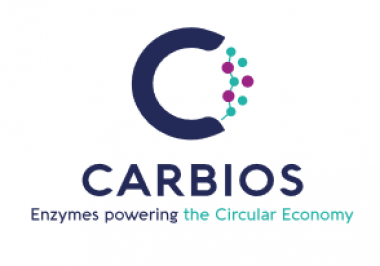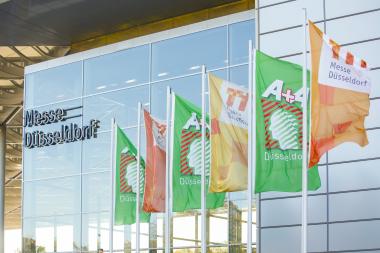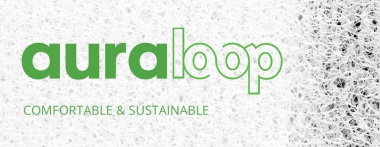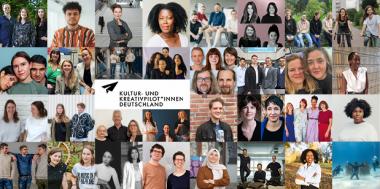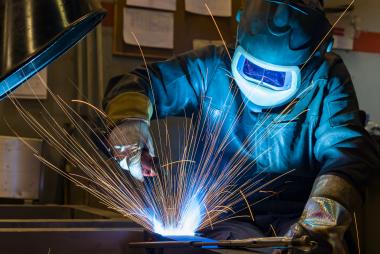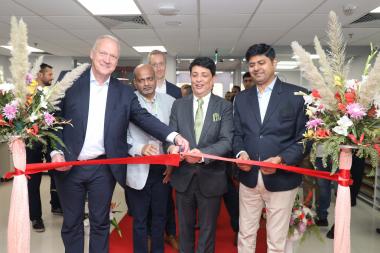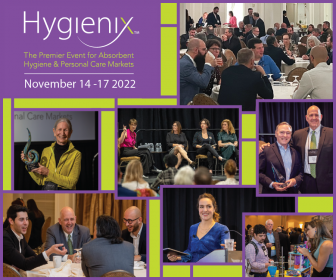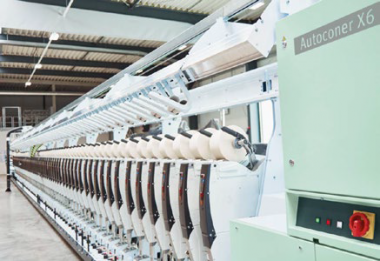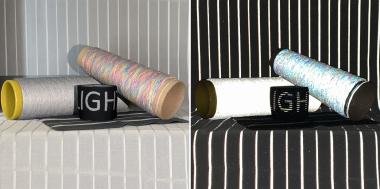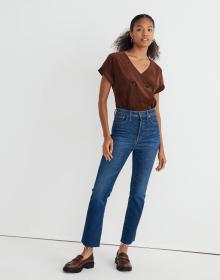Hohenstein: First 3D measurement study to improve garment sizing for children
Garment fitting pioneer Hohenstein has conducted the first ever measurement series on babies and toddlers. The data will aid the pattern development and fit assessment that is particularly challenging for children's clothing. The new database will help brands and manufacturers design their children's clothing in an accurate, efficient and more sustainable way using fit testing and pattern optimisation.
Hohenstein has been taking body measurements for all target groups since 1957. Based on regular serial measurements taken with 3D body scans over 20 years, data is continuously updated. With the measurement of toddlers and babies, Hohenstein is now closing a large gap in the German market for the first time. 5626 girls and boys in sizes 56 to 182 were measured. This means that 3D scans of infants are available for the first time. The 3D body data form an indispensable basis for customer-specific measurement tables, child-friendly patterns and gradings, optimal fits as well as 3D children's avatars for the simulation of clothing.
Hohenstein offers a wide range of tests for safe children's clothing from a single source. In addition to fit and pattern, Hohenstein carries out risk assessments and safety tests for children's clothing (e.g. cords according to DIN EN 13682), UV protection according to different standards, tests for harmful substances according to OEKO-TEX®, among others. Toy testing is also part of the portfolio.
Hohenstein










